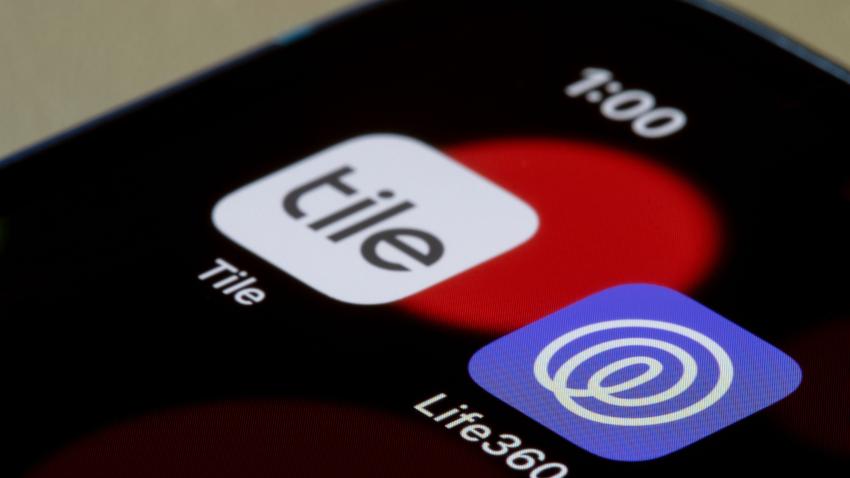
SCP Researchers in Wired: Tile Tracking Tags Can Be Exploited by Tech-Savvy Stalkers
Tile trackers, used to locate everything from lost keys to stolen pets, are used by more than 88 million people worldwide, according to Tile’s parent company, Life360. But researchers who examined the tracking technology have found design flaws that would let stalkers—or potentially the manufacturer itself—track the location of Tile users and their devices, contrary to claims the company has made about the security and privacy of its devices.
The researchers—Akshaya Kumar, Anna Raymaker, and Michael Specter of Georgia Institute of Technology—found that each tag broadcasts an unencrypted MAC address and unique ID that can be picked up by other Bluetooth devices or radio-frequency antennas in a tag’s vicinity to track the movements of the tag and its owner. The location of a tag, its MAC address, and unique ID also get sent unencrypted to Tile’s servers, where the researchers believe this information is stored in cleartext, giving Tile the ability to track the location of tags and their owners, even though the company claims it does not have this capability.
The researchers—Akshaya Kumar, Anna Raymaker, and Michael Specter of Georgia Institute of Technology—found that each tag broadcasts an unencrypted MAC address and unique ID that can be picked up by other Bluetooth devices or radio-frequency antennas in a tag’s vicinity to track the movements of the tag and its owner. The location of a tag, its MAC address, and unique ID also get sent unencrypted to Tile’s servers, where the researchers believe this information is stored in cleartext, giving Tile the ability to track the location of tags and their owners, even though the company claims it does not have this capability.


